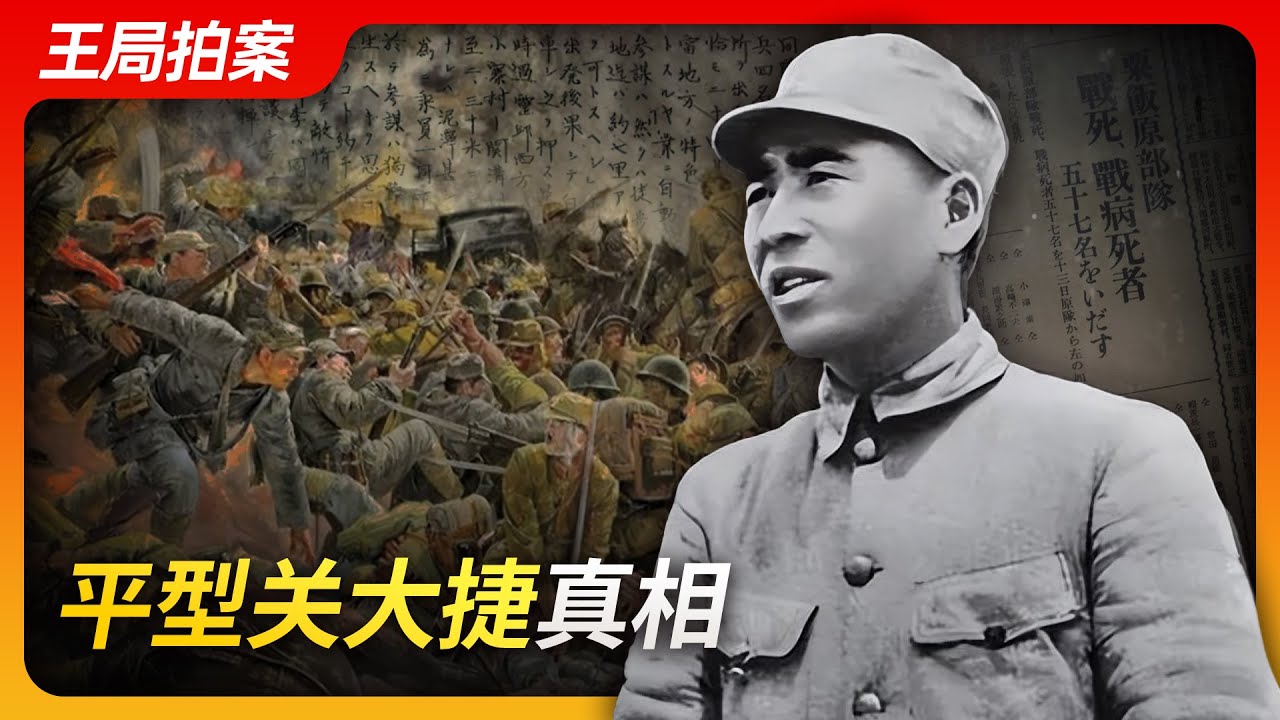The Crusades - Pilgrimage or Holy War?: Crash Course World History #15
Summary
TLDR本视频探讨了十字军东征的历史,纠正了关于其是“圣战”或欧洲早期殖民中东的错误观念。视频指出,十字军东征起初并非针对伊斯兰教的战争,而是出于宗教信仰的朝圣之旅。教皇乌尔班二世发起第一次十字军东征,旨在团结欧洲并解放耶路撒冷。虽然十字军东征未能长期建立在圣地的基督教王国,但它们展示了中世纪人对信仰的深厚信念,以及对现代历史研究的启示。
Takeaways
- 📜 十字军东征并非一开始就是欧洲人对伊斯兰的'圣战',而是在重要方面受到宗教信仰的驱动。
- 🗡️ 早期伊斯兰王朝如倭马亚和阿拔斯对基督徒和犹太人相对宽容,只要他们缴纳税款。
- 🛡️ 塞尔柱突厥人的到来改变了局面,他们侵占了圣地,使得基督徒朝圣变得困难。
- ⚔️ 第一次官方十字军东征始于教皇乌尔班二世在1095年的号召,部分原因是为了团结欧洲。
- 🕌 十字军东征不仅仅是军事行动,更是朝圣之旅,基督教神学中并没有'圣战'的概念。
- 👑 第一次十字军东征取得了惊人的成功,其中包括攻占了耶路撒冷,并在圣殿内杀害了许多人。
- 🏰 第三十字军东征是对伊斯兰新势力——萨拉丁的回应,他是出色的将军,成功夺回了耶路撒冷。
- 🛶 第四次十字军东征因缺乏资金而偏离了原定路线,最终导致了对基督教城市君士坦丁堡的洗劫。
- 🏰 第四次十字军东征的失败并未使十字军东征的概念失去信誉,反而扩大了其定义,将任何天主教会的敌人都视为目标。
- 🌏 十字军东征最终未能在圣地建立长期的基督教王国,该地区在奥斯曼帝国到来后仍然坚定地保持伊斯兰教。
- 🧐 十字军东征提醒我们中世纪世界与我们的世界根本不同,当时的人们以一种我们今天难以想象的方式相信他们的工作是神圣的。
Q & A
十字军东征是什么时候开始的,它们的主要目的是什么?
-十字军东征始于1095年,由教皇乌尔班二世发起。起初,它们并不是针对伊斯兰的“圣战”,而是受到宗教信仰的驱动,主要是为了帮助拜占庭帝国抵御塞尔柱突厥人的威胁,并解放耶路撒冷。
为什么说十字军东征并不是简单的宗教战争?
-虽然十字军东征受到宗教信仰的驱动,但它们并不是简单的宗教战争。例如,早期的伊斯兰王朝如倭马亚和阿拔斯对基督徒和犹太人相对宽容,只要他们支付税款。此外,十字军东征也涉及到政治和经济因素,如拜占庭帝国的求援和教皇乌尔班二世希望统一欧洲的愿望。
为什么十字军东征被描述为朝圣之旅,而不仅仅是军事行动?
-在神学上,基督教并没有“圣战”的概念,但朝圣到圣地可以帮助信徒在宗教上获得救赎。教皇乌尔班二世巧妙地将十字军东征定位为带有战争元素的朝圣之旅,这样不仅可以吸引信徒参与,也符合他们的宗教信仰。
第一次十字军东征是如何成功的,有哪些关键人物参与?
-第一次十字军东征之所以成功,部分原因是因为当时的穆斯林内部分裂,如逊尼派的土耳其穆斯林没有援助什叶派的埃及人。关键人物包括戈弗雷·德·布永、博希蒙德和图卢兹的雷蒙德等。
第三次十字军东征的主要参与者有哪些,它为何著名?
-第三次十字军东征的主要参与者包括法国国王腓力二世、英格兰国王理查一世和神圣罗马帝国皇帝腓特烈一世。它之所以著名,是因为这次东征是对萨拉丁夺回耶路撒冷的反应,并且参与的都是当时欧洲最重要的君主。
萨拉丁是如何成功夺回耶路撒冷的,他为何如此著名?
-萨拉丁是一位出色的将军,他通过巩固在埃及的权力,然后扩张到大马士革和耶路撒冷,成功地夺回了耶路撒冷。他之所以著名,不仅是因为他的军事才能,还因为他在东西方文化交流中的角色。
第四次十字军东征为何转向攻击了基督教城市扎拉和君士坦丁堡?
-第四次十字军东征因为缺乏资金而接受了威尼斯人的提议,转而攻击了反抗威尼斯的基督教城市扎拉。后来,由于未能及时获得承诺的报酬,十字军又攻击了君士坦丁堡,这是一系列复杂的政治和经济决策的结果。
为什么说第四次十字军东征是疯狂的,它对拜占庭帝国有什么影响?
-第四次十字军东征被称为疯狂,因为十字军攻击并洗劫了基督教的君士坦丁堡,这是对基督教圣地的极大渎。这次事件几乎注定了拜占庭帝国的衰落,因为它削弱了帝国的力量,使其无法有效抵抗后来的外来侵略。
十字军东征对中世纪欧洲有什么影响,它们是否帮助欧洲走出中世纪?
-十字军东征并没有帮助欧洲走出中世纪,反而消耗了大量的资源。虽然它们为欧洲带来了与伊斯兰世界的接触,但这种接触并没有带来预期的文化和知识交流,也没有显著促进欧洲的发展。
为什么说十字军东征对研究历史具有重要意义?
-十字军东征对研究历史具有重要意义,因为它们提醒我们中世纪世界与今天的世界根本不同。通过研究十字军东征,我们可以更好地理解当时人们的信仰、价值观和生活方式,以及这些因素如何塑造了历史。
视频最后提到的“Don't Forget To Be Awesome”是什么意思,它在视频中扮演什么角色?
-“Don't Forget To Be Awesome”是视频主持人约翰·格林用来鼓励观众的一种口号,意在激励人们在生活中保持积极和卓越。在视频中,它作为结束语,给观众留下深刻印象,并传达了一种积极向上的信息。
Outlines

此内容仅限付费用户访问。 请升级后访问。
立即升级Mindmap

此内容仅限付费用户访问。 请升级后访问。
立即升级Keywords

此内容仅限付费用户访问。 请升级后访问。
立即升级Highlights

此内容仅限付费用户访问。 请升级后访问。
立即升级Transcripts

此内容仅限付费用户访问。 请升级后访问。
立即升级浏览更多相关视频

平型关大捷真相|抗日战争|八路军|林彪|聂荣臻|国共内战|日军|王局拍案20240321

Inside the CCP: The Secret Engine Behind China’s War Machine

Guerra y religión: ¿Dios ha causado tantas guerras como se piensa?

【Ep.3】 A Perfect Legacy - The Sir Robert Hotung Library

Cap. 5 El Enemigo Común (Historia del Siglo XX)

do que Jesus nos salva?

Topik 1: Pengenalan Penghayatan Etika & Peradaban dalam Acuan Malaysia
5.0 / 5 (0 votes)